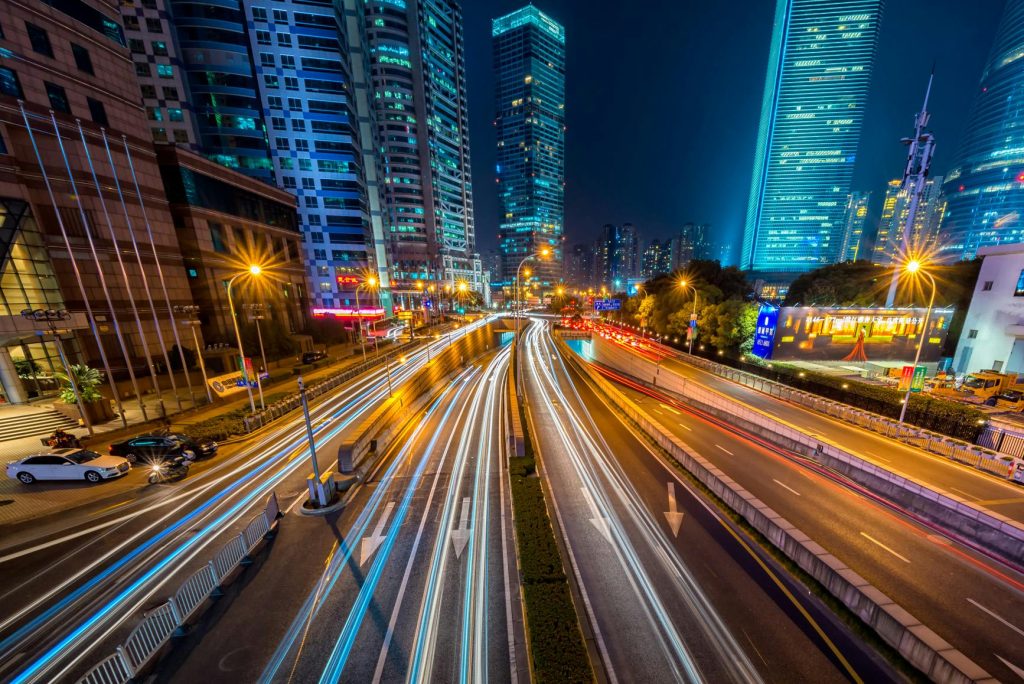The cities of the future won’t just be bigger—they’ll be smarter. Artificial Intelligence is the brain behind emerging smart cities, where everything from traffic flow to waste management is optimized through data and automation.
AI analyzes real-time data from sensors, cameras, and IoT devices to streamline urban operations. For example, smart traffic systems can adjust signal timing to reduce congestion. AI-powered surveillance improves public safety, while predictive analytics help manage energy use and reduce carbon emissions.
In public services, AI chatbots assist citizens with queries, while machine learning tools forecast maintenance needs for roads and infrastructure. This means fewer delays, cleaner cities, and better resource use.
But smart cities must balance innovation with ethics. Privacy concerns, surveillance transparency, and algorithmic fairness must be addressed to ensure these technologies serve all citizens equally.
With AI at the core, smart cities are not just a vision—they are a path to more efficient, sustainable, and livable urban environments.



